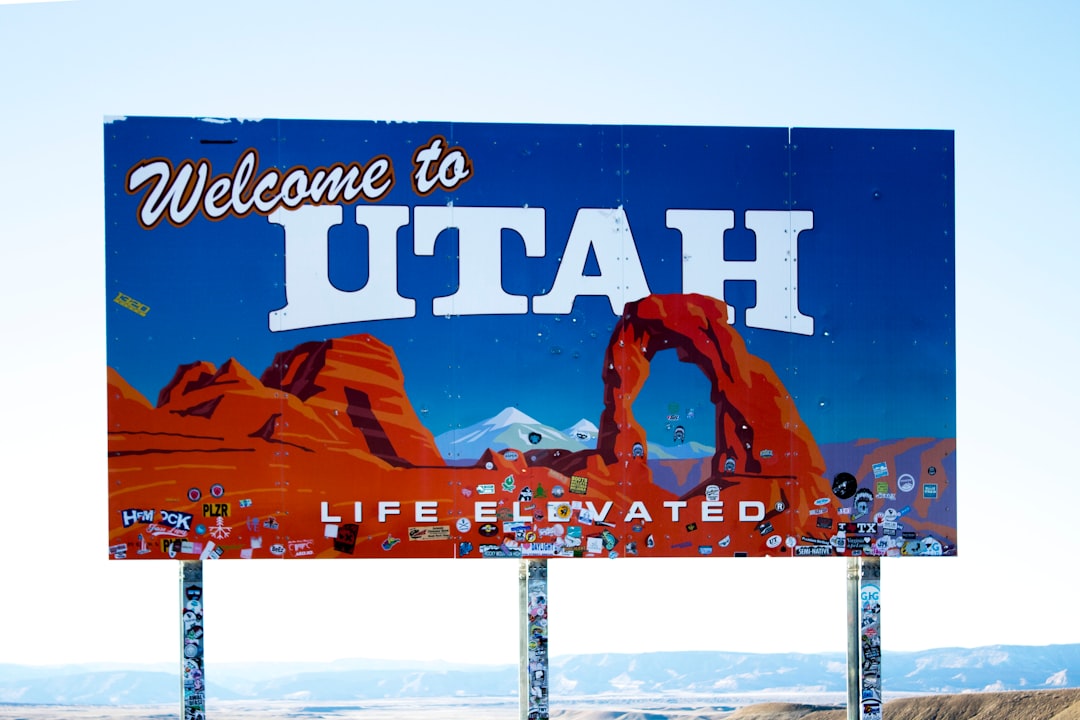Robocalls have become a major problem in Utah, prompting local law enforcement to crack down using the Telemarketing Consumer Protection Act (TCPA). A lawyer for TCPA Utah is vital for residents facing harassment and for businesses wanting to ensure compliance. These specialists navigate complex laws, educate on consumer rights, and take action against illegal callers, helping to reduce robocalls and protect Utah communities. Their expertise in TCPA Utah law is crucial for defending against lawsuits and regulatory actions, making them a key resource in the fight against nuisance calls.
In the digital age, robocalls have become a ubiquitous nuisance, with Utah residents facing an unprecedented surge. The Telemarketing Consumer Protection Act (TCPA) provides crucial safeguards against these automated calls, but local law enforcement plays a pivotal role in enforcing these protections. This article explores how Utah’s police agencies tackle robocalls, their powers, and the strategies employed. We also delve into the significance of seeking legal counsel from a specialist lawyer for TCPA Utah to navigate these complex issues effectively.
Understanding Robocalls and the TCPA (Telemarketing Consumer Protection Act) in Utah

Robocalls, automated phone calls from telemarketers or debt collectors, have become a ubiquitous nuisance in Utah and across the nation. While some robocalls offer valuable services, many are considered unsolicited and intrusive, leading to widespread frustration among consumers. The Telemarketing Consumer Protection Act (TCPA) is a federal law designed to mitigate this issue by restricting certain types of automated calls, including those made for telemarketing purposes or using an Auto Dialer without prior consent. In Utah, the TCPA is enforced by local law enforcement agencies, which play a crucial role in protecting residents from unwanted and illegal robocalls.
Utah’s law enforcement authorities take TCPA violations seriously, as they can result in substantial fines for offenders. A lawyer for TCPA Utah can guide individuals on their rights and options when dealing with suspected robocall harassment. These legal professionals help clients understand the nuances of the TCPA, ensure compliance, and take appropriate action against violators to stop unwanted calls once and for all.
The Mandate for Local Law Enforcement in Utah to Address Robocall Issues

In Utah, local law enforcement plays a crucial role in combating the growing issue of robocalls, which have become a significant nuisance for many residents. The Telephone Consumer Protection Act (TCPA) provides a legal framework to protect individuals from unwanted telephone solicitations and automated calls, commonly known as robocalls. As such, law enforcement agencies across Utah are mandated to address these violations, ensuring the peace and quiet of their communities.
With the increased complexity and sophistication of robocall scams, local police departments often work closely with prosecutors and communication service providers to identify and penalize those behind these illegal activities. A lawyer for TCPA Utah can play a vital role in supporting law enforcement by offering legal expertise in navigating the intricacies of this federal legislation, helping to secure justice for victims and deter future robocall-related crimes.
Powers and Responsibilities of Utah's Law Enforcement Agencies Against Robocalls

In Utah, local law enforcement agencies play a significant role in combating robocalls, which have become a growing concern for residents and businesses alike. Their powers and responsibilities include investigating complaints related to automated telephone marketing, as outlined by the Telephone Consumer Protection Act (TCPA). Law enforcement can issue warnings, fines, or even prosecute entities violating TCPA regulations, helping to deter unscrupulous call centers from operating within the state.
These agencies also work closely with communication service providers and consumer protection organizations to identify trends and sources of robocalls. By analyzing call data and collaborating on intelligence, they can pinpoint fraudulent activities and take proactive measures. Furthermore, law enforcement educates the public about robocall scams, empowering Utahns to recognize and report suspicious calls, thereby strengthening the state’s collective defense against this nuisance and potential threat.
Strategies and Tactics Used by Local Police to Combat Robocalls

Local law enforcement in Utah has been increasingly proactive in combating robocalls, employing various strategies and tactics to protect residents from unwanted phone calls. One common approach involves educating the public about robocall identification and prevention techniques, empowering individuals to take action against these nuisance calls. Police often collaborate with telecommunications companies and consumer protection agencies to share information and resources, enhancing their ability to trace and disrupt call patterns.
Additionally, local police departments work closely with attorneys specializing in TCPA (Telecommunications Consumer Protection Act) law to develop effective legal strategies. These efforts include filing lawsuits against call centers and telemarketers engaging in illegal robocall practices, seeking substantial monetary damages for affected individuals and businesses. By combining public awareness campaigns, industry partnerships, and legal action, Utah’s local law enforcement plays a crucial role in mitigating the impact of robocalls on communities across the state.
Seeking Legal Advice: Role of a Lawyer Specialized in TCPA Utah Cases

When dealing with robocalls in Utah, seeking legal advice from a specialist in Telephone Consumer Protection Act (TCPA) cases is crucial. A lawyer for TCPA Utah can provide critical guidance on navigating complex regulations and ensuring compliance to avoid legal repercussions. They understand the intricacies of the TCPA and its implications for local businesses and residents.
These legal experts can help individuals and companies determine if their robocall practices are in line with Utah’s laws, which often mirror federal guidelines. A lawyer will also assist in understanding consumer rights, crafting effective opt-out mechanisms, and devising strategies to mitigate unwanted calls. Their expertise is invaluable in defending against potential lawsuits or regulatory actions that may arise from TCPA violations.






